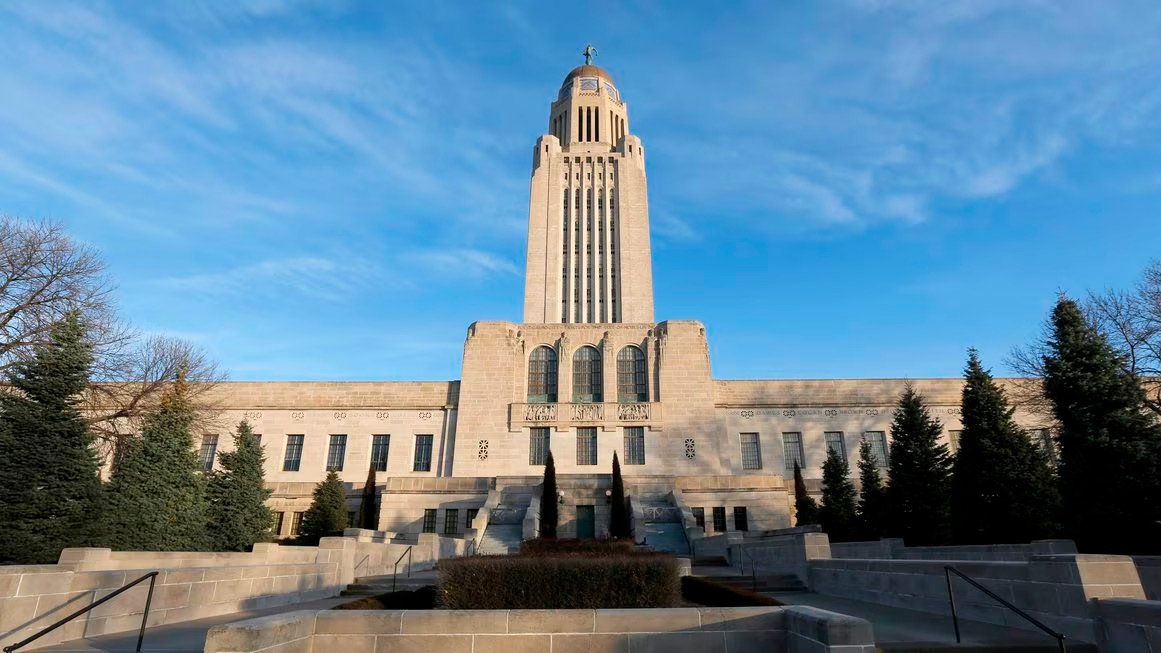UK Gambling Minister says White Paper weeks away, to be followed by consultations with the industry

UK Gambling Minister Paul Scully said that the government is “putting the finishing touches” to the much-awaited white paper on gambling regulation and making final decisions ahead of publication, which he said is only “a matter of weeks away.” Scully called the planned gambling review “a real opportunity” to make sure the UK finds the right balance for its industry and to build the country’s status “as a world leader in gambling policy.”
Scully’s remarks were part of his speech at the Betting and Gaming Council’s (BGC) Annual General Meeting, which took place on Thursday. The MP further said that the white paper would not be “the final word on gambling reform.” Instead, it will be followed by consultations led by both the Department for Digital, Culture, Media & Sport (DCMS) and the Gambling Commission, in an effort to keep the industry engaged “as policies are refined and implemented.”
One of the policies to be featured in the regulatory update that Scully addressed is so-called affordability checks for online customers, which he said was actually an inaccurate description of the protections the government envisions. “That word suggests that the government or Gambling Commission are going to set rules on how much people can ‘afford’ to gamble,” Scully stated, shooting down the idea that that is the spirit of the policy.
Welcome words from the Minister responsible for gambling, Paul Scully at our AGM pic.twitter.com/RIybvaXbcn
— Betting and Gaming Council (@BetGameCouncil) January 26, 2023
“Let me be really clear, it is not the role of the government or the gambling commission to tell people how much of their salary they are “allowed to” spend on gambling,” the MP said. “A one size fits all approach is not the intention here. It may be more accurate to call them ‘financial risk’ checks - checking that a higher than usual level of spend is not itself an indicator of harm.”
“The Commission has already identified key areas of concern, for example particularly vulnerable customers who can be harmed by even quite small losses - perhaps they have been declared bankrupt,” he further added. “Alongside that is high spending binge behavior with the potential for lasting financial harm, and high sustained losses over a longer period of time.”
The Gambling Minister explained that the coming months will provide “the opportunity to nail down and test the logistics” for frictionless financial risk checks, to design the necessary data safeguards, and to establish the best possible framework for identifying and acting on financial risk. Scully called on stakeholders at the meeting to remain involved in the discussion and responsive to the issues to be brought forward once consultation is launched.
Good news for punters.
— Michael Dugher (@MichaelDugher) January 26, 2023
Minister @scullyp couldn’t be clearer. He gets it.
Blanket, intrusive low level ‘affordability’ checks based on income/spend - as called for by the anti-gambling lobby (“lose £100 & show us your bank statements/pay slips”) - shouldn’t be happening. https://t.co/Ybt68svi6d
“We want to make common sense changes to update the rules, preserving safeguards that do protect against gambling harm, but replacing unnecessarily restrictive controls with ones which make things better for customers and businesses,” Scully told the crowd. “I’ll be meeting again with some of you from the land-based sector in the coming weeks to talk about these issues.”
In addition to mitigating gambling harm, another reason for getting the controls right is the economic headwinds currently being experienced in the UK, said Scully, to which businesses – particularly land-based ones – are not immune. The introduction of a new gambling policy has caused uncertainty in the sector, as companies still struggle to recover from the impact of the pandemic, and recent increases in energy costs that have hit the industry particularly hard.
While the MP warned there are currently “too many failings happening,” Scully also sought to bring calmness to the industry. “As the Gambling Commission CEO said at his recent briefing for operator chief executives - the relationship between the industry and those charged with regulating it does not need to be antagonistic,” he stated.
















































